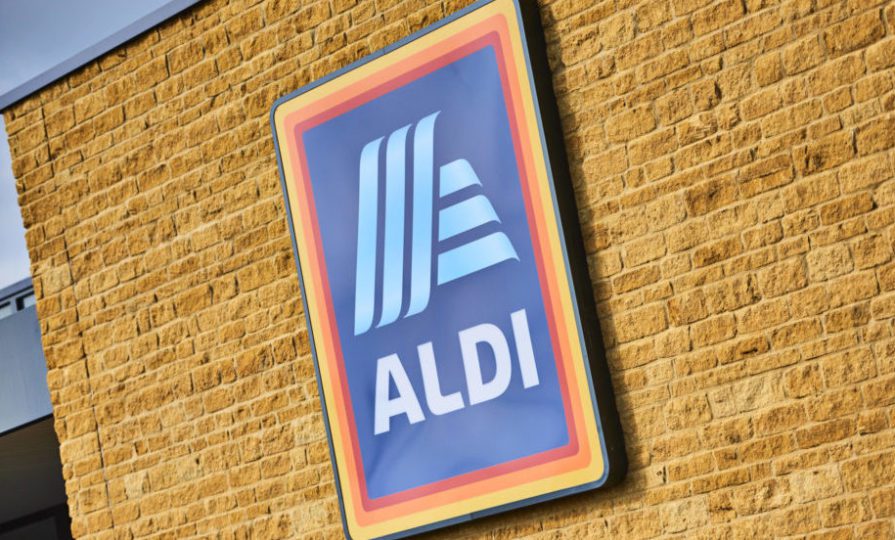Has social media freed Cuthbert the Caterpillar?
Retail Sector talks with a trio of lawyers to cut open M&S and Aldi’s Colin v Cuthbert the Caterpillar case, discussing the importance of both legal and marketing teams in brand protection

For such small creatures, two caterpillars have kicked up a particularly large fuss this April. An intellectual property case turned social media frenzy, Marks and Spencers’ legal action against Aldi over its Cuthbert the Caterpillar cake has cut open the multiple layers involved in copyright infringement for all to see.






